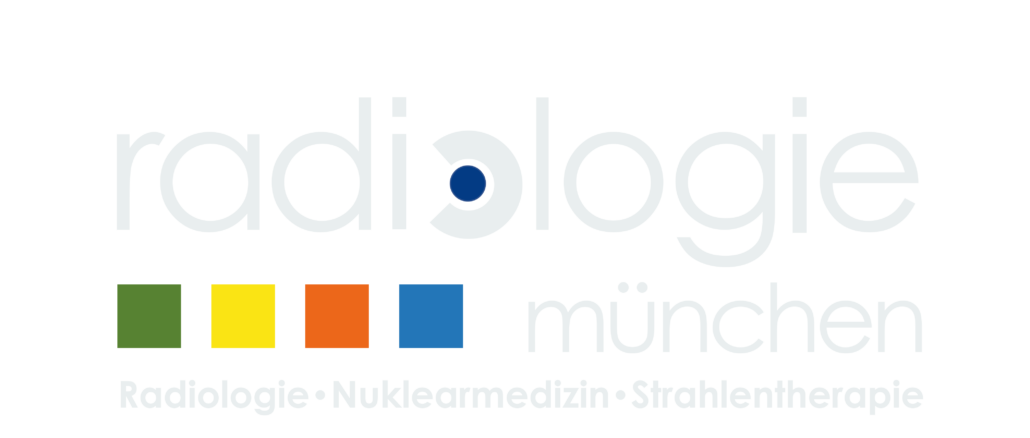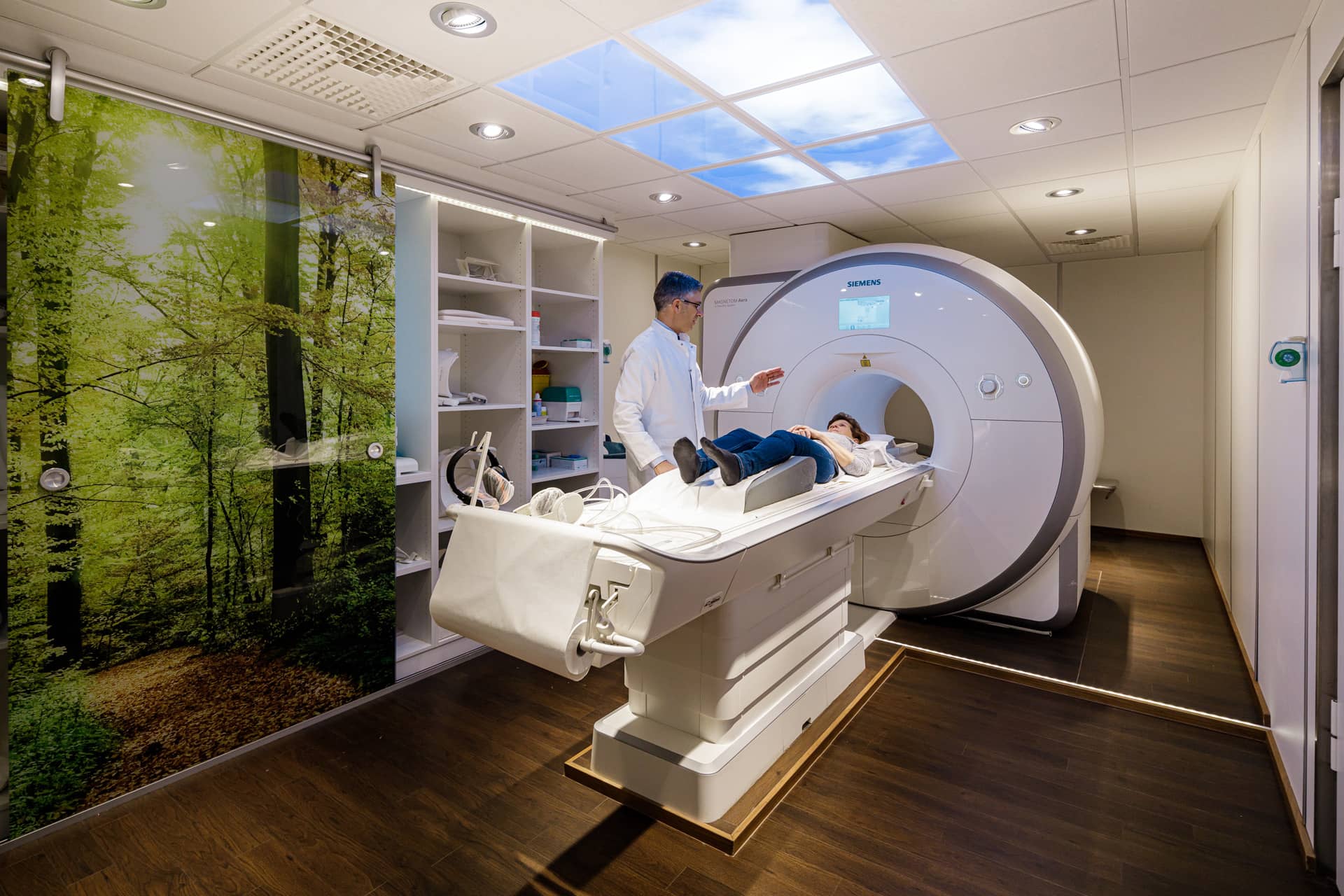Alzheimer’s disease is a disease of the brain in which individuals progressively lose their memory. As time goes by, it also becomes more and more difficult for the ill person to orient himself or to find the right words. The reason for this disease is the progressive death of brain cells, which results in an ever-decreasing memory capacity.
300,000 people
fall ill in Germany every year
Every year, about 300,000 people in Germany contract this disease, and forecasts indicate that these numbers will continue to rise. Since the disease is not curable, early detection is very important because it can slow down and mitigate its progression.
Where can you have an Alzheimer’s risk screening in Munich?
Alzheimer’s is a degenerative disease that currently has no cure. However, the earlier it is detected, the more options there are to make the course more lansome and to mitigate the symptoms. Just ask for an appointment with our specialists!

General information about Alzheimer
Alzheimer’s disease is the most common form of dementia. The degenerative disease leads to a progressive impairment of the brain, so that memory, thinking and other brain functions deteriorate. In Alzheimer’s disease, more and more nerve cells and nerve connections in the brain die over time, brain volume decreases, and the surface of the brain deepens. This is due to protein deposits, known as plaques, which build up in the brain with increasing age and cannot be broken down efficiently by Alzheimer’s patients. As a result, the supply of oxygen and nutrients to the brain cells can no longer be guaranteed. As a result, nerve cells die.
The risk of developing Alzheimer’s disease increases with age. Most patients are older than 80 years of age. However, there are additional risk factors that increase the likelihood of developing Alzheimer’s disease. These include a genetic predisposition, arteriosclerosis or an unhealthy lifestyle with obesity, high cholesterol levels, diabetes mellitus (diabetes) and stress.
Alzheimer’s disease is not yet curable. However, an early start of treatment with the help of medication, special training methods and other therapeutic measures can slow down the loss of mental capacity and increase the patient’s quality of life. For this reason, it is important to diagnose the disease in time.
How can Alzheimer’s disease be diagnosed?
What do I need to consider in Alzheimer’s risk diagnostics?
Cost absorption
Statutory health insurance companies do not usually cover the cost of Alzheimer’s screening. Health insurers justify their decision by stating that no evidence could be provided on the significance of MRI brain volume measurement and its benefit for the patient. For this reason, private individuals must pay for the examination themselves. Some private health insurance companies, on the other hand, bear the costs of the examination. It is important that you talk to your treating physician about your situation and discuss the need for a comprehensive examination. We also recommend that you contact your health insurance company and have your individual case checked.
To note
If your doctor recommends confirming the initial diagnosis of possible Alzheimer’s disease with an MRI or CT scan, you should also discuss with him or her whether and which examination is appropriate for you. Important to the decision is whether you have implanted devices that may be sensitive to magnetic fields or agree to be exposed to a certain dose of radiation. In addition, there is the decision on the use of a contrast agent during the examination. Because the contrast medium contains iodine, people with hyperthyroidism or hypothyroidism may have difficulty. This may also apply to individuals with kidney dysfunction. The administration of a contrast agent is not necessary in many cases, but it prolongs the evaluation of the examination images.

